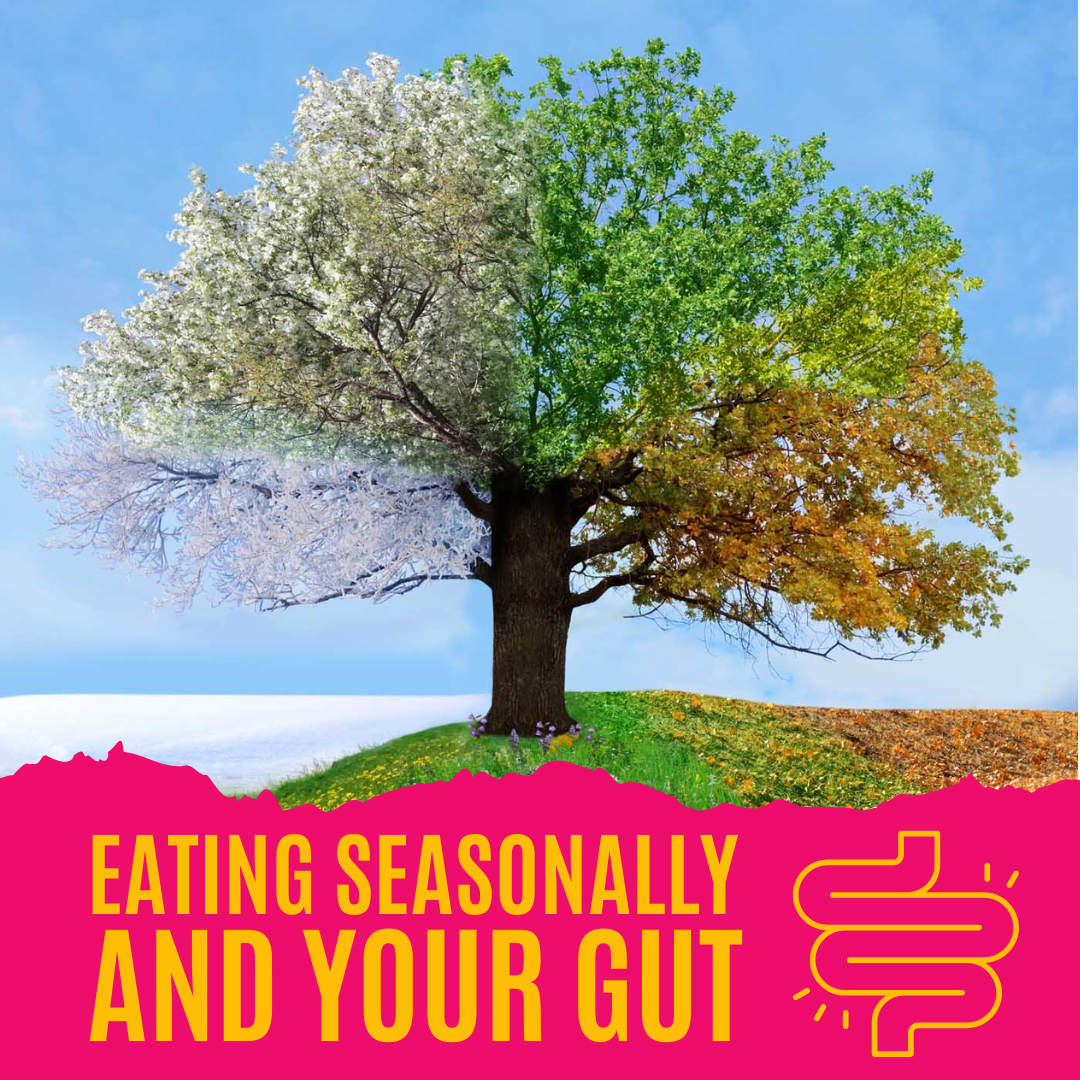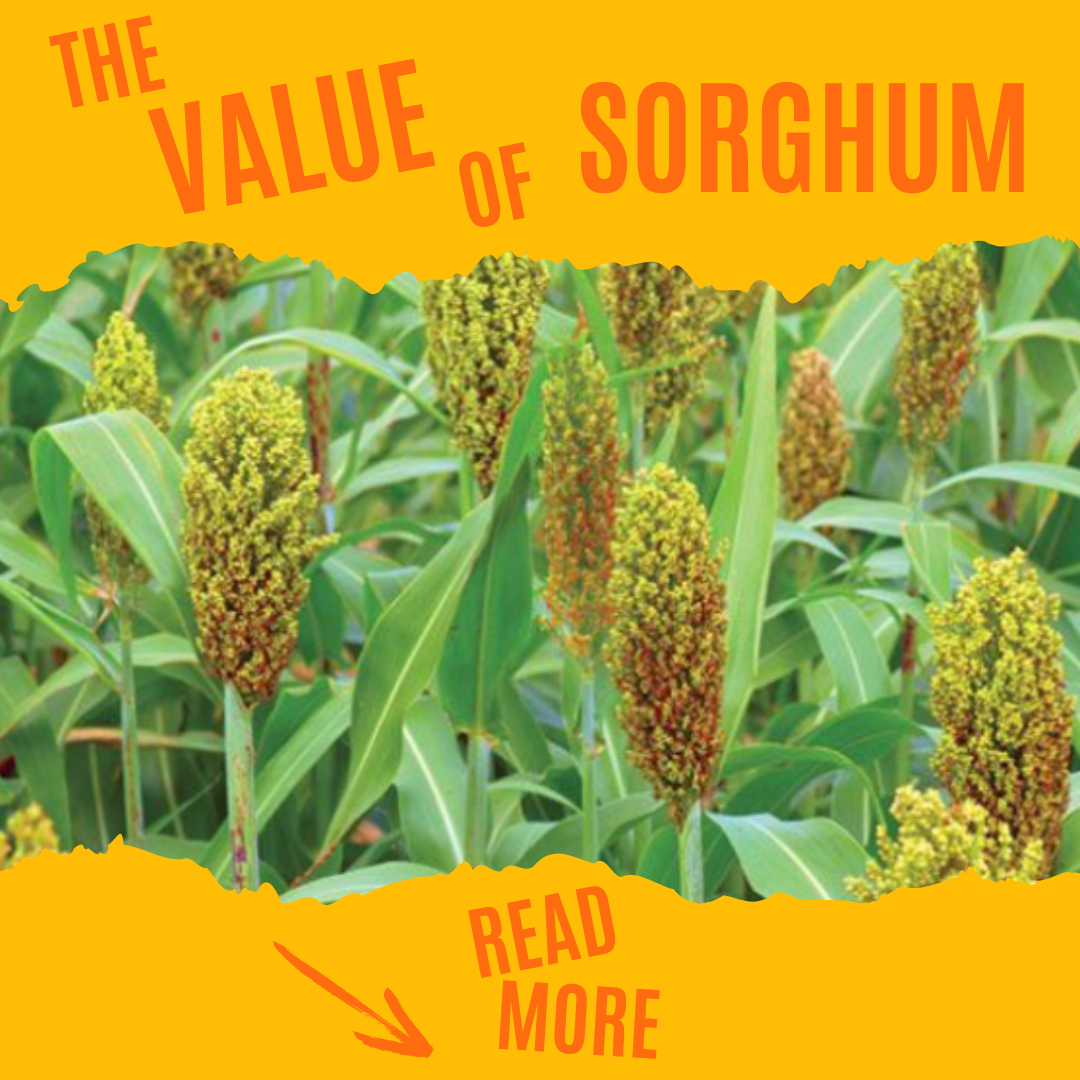Plant Based Eating: The Lowdown - Boundless Activated Snacking
Gone are the days that vegan or plant-based diets are considered as nutritionally inadequate. Sure there are still a few sceptics (Cue: “But where do vegans get their protein from when all they eat is grass?” comments), but as from 2017 The British Dietetic Association confirmed that a well-planned vegan diet can support healthy living in people of all ages.
Before we delve any deeper into the nutrition, we should clear up that vegan diets are plant-based diets are not entirely the same thing. A plant-based diet is one which is heavily focused around plants and colourful fibres, but may still contain some animal products. However, a vegan diet and lifestyle is one that completely excludes any products that are derived from animals. It is also important to remember that following a vegan diet does not automatically mean its going to be super healthy either. You could live off a vegan diet consisting of chips and soya nuggets (no shame, Linda McCartney makes a great faux-KFC bucket), or you could pile your plate high with lots of greens, legumes and nuts.
Without further ado, let’s have a look at how to get the essentials nutrients in when following a plant-based or predominantly vegan diet.
Fruits and vegetables
When choosing your fruits and vegetables each week, try and include ones which are higher in iron, such as kale, raisins, dried apricots and dried figs. Plant-based iron is not as easily absorbed as the iron we get from animal products, so try and combine iron sources with vegetables and fruits high in vitamin C, as this can enhance absorption. Think of broccoli, red pepper, cabbage, kale, kiwi, pineapple, berries and citrus fruits.
Vitamin A is required for immune function, barrier function and plays a role in eye development. The most available form to the body is as retinol, found in animal products, but we can also consume beta-carotene rich foods, which the body then converts into vitamin A. Try and include one of the following each day: a medium sweet potato, 3 tbsp butternut squash, 3 tbsp carrot, 4 tbsp cooked spinach or a cereal bowl of fresh spinach. It’s literally that easy.
Starchy carbohydrates
When it comes to starchy carbohydrates, it is always advised to consume wholegrain varieties as they not only release into the blood stream at a steadier rate, but also contain more fibre and usually more iron. Wholemeal bread can sometimes also contain zinc in a more bioavailable form, which is vital for immune function. Certain grains are also higher in protein, so it is advised to opt for grains such as amaranth, buckwheat, quinoa, wild rice and popped corn where you can. Don’t panic, you’ll find all of these in a regular supermarket!
Protein
When following a plant-based diet, it is vital to remember to include a source of protein with all meals and snacks. Beans, peas, lentils, chickpeas, peanuts, soya, seitan, tofu, tempeh and quinoa are all great options. Quinoa, tofu and tempeh contain all the essential amino acids which our bodies cannot make on their own, so must be obtained from the diet. Nuts and seeds, especially cashew nuts, pistachio nuts, pumpkin seeds, flaxseed, chia seeds and shelled hemp seeds are also great to include in the diet as they are higher in lysine, one of our essential building blocks of protein. When thinking about portion size, aim for 50g dried lentils (or 150g canned or cooked), 100g tofu and 30g nuts or nut butter.
Calcium rich foods
Calcium is a nutrient which may be left behind when ditching the dairy, however there are plenty of plant-based calcium rich and fortified foods available. We often panic when we hear the word fortified, without knowing why, and often for no reason. Try aiming for 2 portions of calcium rich or fortified foods daily such as 200ml plant-based milk with added calcium, 100g calcium set tofu, 150g plant-based yoghurt with added calcium and 1-2 tbsp sesame seeds. Some green vegetables such as kale, broccoli and cress are rich in calcium, along with dried figs, almonds and hazelnuts.
Vitamin D
We are all recommended to supplement with vitamin D during the winter months in the UK to meet our daily requirements of 10mcg. Supplements are widely available; however, most are derived from sheep’s wool and are therefore not vegan. Be sure to find yourself a vegan vitamin D supplement (many supermarket own brands are vegan, just make sure to check the back of the packet!) to ensure you are not missing out on this vital nutrient.
Until next time,
Yasmin




Leave a comment